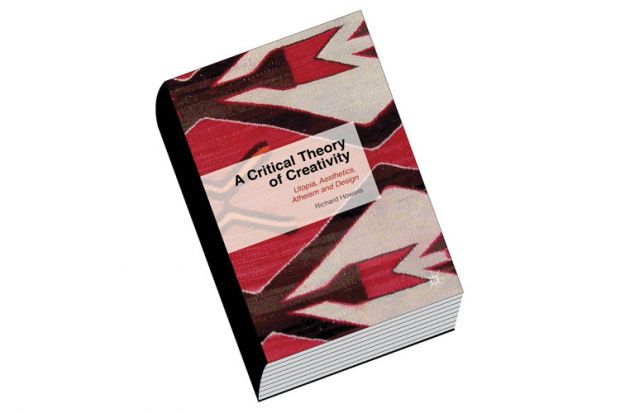There is something odd about Utopia. The philosopher Ernst Bloch, who rescued Utopia from literary and political fantasy, said that it is always “not yet”. Utopia requires eternal hope in the possibility of a world different from this one. The hope is eternal because the possibility can never be realised. The world can always be different from this, so long as we are possessed of imagination. You don’t have to scratch too much to see the traces of theology here.
But it does seem that Utopia has arrived in cultural theory. It is now the subject of books, journals and conferences. Utopia might be “not yet”, but talk about Utopia is right now.
Why? Two reasons spring to mind immediately. First, we talk about Utopia because we no longer talk about revolution. Unlike the revolution, which failed to come as promised, Utopia can never be a cause of disappointment because it is always “not yet”. We can always hope. Second, despite Bloch’s efforts to make Utopia a concept for critical cultural theory, the literary trappings have never been entirely cast off. Think of Utopia and it is hard not to think of perfection. From the contemporary perspective, when almost everything has been devoured by greed, Utopia is attractive because it stands apart from the grubbiness of the lives we are forced to lead.
This is where Richard Howells picks up the debate. He is aware of Bloch’s version of Utopia but is much more concerned to see Utopia as the expression of a “human drive to create a better world” from out of the raw material of lived experience. The drive is expressed in cultural production, which transforms the things and experiences of this world into something better and more beautiful through the aesthetics of formal design. Howells does not really explain where the standards of the better and beautiful come from, although a discussion of psychoanalysis points to roots in unconscious archetypes.
He definitely cannot connect the better and the beautiful with a transcendent realm, because through plain assertion he secularises Utopia. Utopia, he says, is entirely cultural and it “ought not” to be understood as having anything to do with the religious. This is a bold claim, and rather undermines the contents of the book. Even Bloch, who was a Marxist, albeit of an extremely odd kind, didn’t go this far. Just as Utopia is “not yet” according to Bloch so, he said, God is also “not yet”. Bloch was careful not to cut off the religious. Howells is, by contrast, very keen to do so.
Yet this book’s examples of utopian practice are religious, or at least cosmological. The formal aesthetics and design of Navajo blankets are unintelligible without Navajo cosmology. Quaker and Lutheran settlements in 18th-century Pennsylvania might be visited today as museums that show how architecture and fabric design can express formal qualities of aesthetic beauty, but these communities’ aims were not centred on aesthetics. They were instead seeking to live as they “ought”. They were attending to the religious.
Utopia is a symbol of hope for the work of cultural theory because it is “not yet”, always before us. As such it requires hope and humility. Taking Utopia seriously means never saying “ought not”. Utopia means wondering why not?
Keith Tester is professor in the Thesis Eleven Centre for Cultural Sociology, La Trobe University, Australia.
A Critical Theory of Creativity: Utopia, Aesthetics, Atheism and Design
By Richard Howells
Palgrave Macmillan, 216pp, £60.00
ISBN 9781137446169 and 6183 (e-book)
Published 24 June 2015
POSTSCRIPT:
Print headline: Weaving our way to perfection
Register to continue
Why register?
- Registration is free and only takes a moment
- Once registered, you can read 3 articles a month
- Sign up for our newsletter
Subscribe
Or subscribe for unlimited access to:
- Unlimited access to news, views, insights & reviews
- Digital editions
- Digital access to THE’s university and college rankings analysis
Already registered or a current subscriber?




